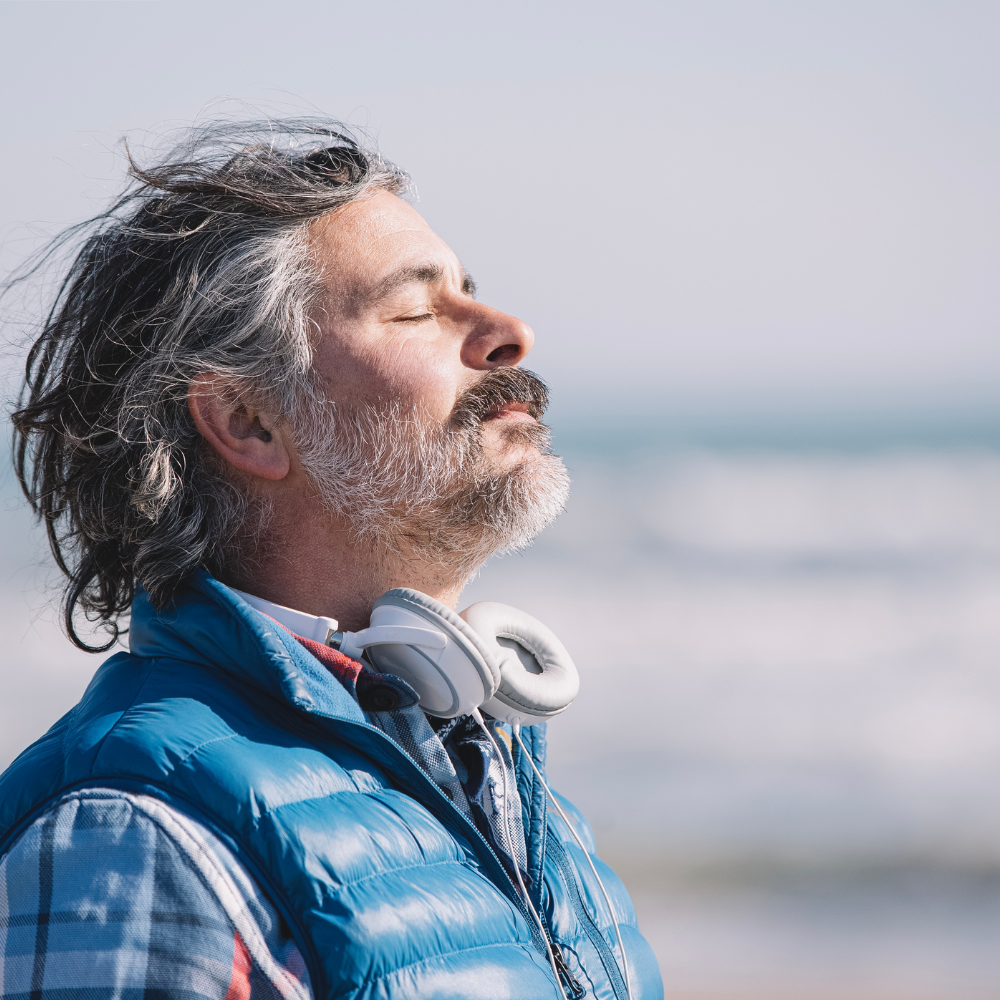The Transformative Power of Deep Breathing Exercises for Health and Well-being
Introduction
Deep breathing exercises, often overlooked in our busy lives, have the potential to significantly improve our physical, mental, and emotional well-being. These exercises focus on controlled, deliberate inhalations and exhalations, promoting relaxation and overall health. In this article, we will explore the importance of incorporating deep breathing exercises into your daily routine and provide valuable health tips on how to get started.
The Importance of Deep Breathing Exercises
- Stress Reduction
Deep breathing is a powerful tool for stress reduction. When you engage in deep, controlled breaths, you activate the body’s relaxation response, which counteracts the effects of stress hormones. Regular practice can lead to lower stress levels, improved emotional well-being, and better coping mechanisms.
- Improved Respiratory Health
Deep breathing exercises enhance lung capacity and efficiency. By taking in more oxygen with each breath, you can improve the functioning of your respiratory system, reduce the risk of respiratory diseases, and alleviate conditions like asthma and chronic obstructive pulmonary disease (COPD).
- Enhanced Mental Clarity and Focus
Deep breathing exercises are linked to improved mental clarity and focus. Oxygen-rich blood reaches the brain more effectively, enhancing cognitive function and helping you stay alert and attentive.
- Better Sleep
Practicing deep breathing before bedtime can calm the mind and relax the body, making it easier to fall asleep and experience deeper, more restorative sleep. This can lead to improved overall sleep quality and daytime alertness.
- Pain Management
Deep breathing can be a valuable tool for managing chronic pain conditions. It helps release endorphins, the body’s natural painkillers, providing relief from discomfort and promoting a sense of well-being.
- Enhanced Emotional Well-being
Deep breathing exercises can have a profound impact on emotional well-being. They promote self-awareness, emotional regulation, and a sense of inner calm, making it easier to manage and overcome anxiety, depression, and other mood disorders.
Health Tips for Incorporating Deep Breathing Exercises
- Find a Quiet Space
To fully engage in deep breathing exercises, choose a quiet, comfortable space where you can relax without distractions.
- Comfortable Posture
Sit or lie down in a comfortable position with your spine straight and your shoulders relaxed. This allows for unrestricted airflow and optimal lung expansion.
- Start with Awareness
Begin by paying attention to your natural breath. Notice the rhythm of your breath without trying to change it. This mindfulness sets the stage for deep breathing.
- Diaphragmatic Breathing
Practice diaphragmatic breathing by inhaling deeply through your nose, allowing your diaphragm to expand and your abdomen to rise. Exhale slowly through your mouth, ensuring a complete exhalation.
- Use Visualization
Visualize your breath as a wave, with each inhalation bringing in positive energy, and each exhalation releasing tension and negativity.
- Count Your Breaths
Counting your breaths can help you maintain a steady rhythm. For example, inhale for a count of four, hold for a count of four, and exhale for a count of four. Adjust the count to your comfort level.
- Incorporate Guided Breathing
Use guided breathing exercises, available through various apps and online resources, to assist you in your practice. These can provide structure and help you focus on your breath.
- Practice Regularly
Consistency is key. Incorporate deep breathing exercises into your daily routine, whether it’s in the morning to start your day with calm or in the evening to wind down.
Conclusion
Deep breathing exercises offer a multitude of benefits for your physical, mental, and emotional well-being. By incorporating these exercises into your daily life, you can reduce stress, improve respiratory health, enhance mental clarity, and cultivate emotional balance. Remember that deep breathing is a skill that can be developed over time, so be patient with yourself and enjoy the transformative power of each breath.




